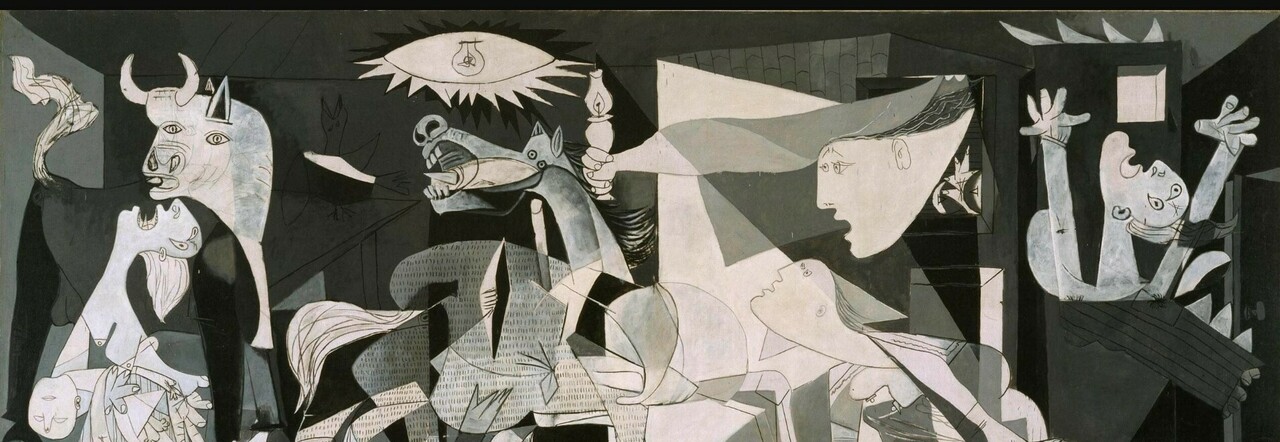European History Through Art and Culture: The Legacy of Picasso's Guernica

Saturday 13 April 2024, 20:08
2 Minutes of Reading
European history told through art, culture, and its dialogue with the contemporary world. On Monday, April 15th at 6 PM at the Instituto Cervantes in Naples (via Chiatamone 6G), the lecture series curated by Julián Casanova concludes. The meeting, 'Picasso, the Guernica, and the horrors of the 20th-century wars', is moderated by Vittoria Fiorelli, full professor of modern history at Suor Orsola Benincasa University in Naples, with Italian/Spanish simultaneous translation (free entry until full capacity is reached).
Julián Casanova, full professor of history at the University of Zaragoza, columnist for El País, and author of several historical books, has been a visiting professor at prestigious universities in Europe, America, and Latin America. A frequent guest of the Instituto Cervantes, he returns for this new appointment: at the center is Guernica, the first epic work painted by Picasso at the age of 56, after the bombing of the Basque town on April 26, 1937, and completed in just two months for the Paris World Fair of that same year.
© ALL RIGHTS RESERVED
This article is automatically translated
This article is automatically translated
